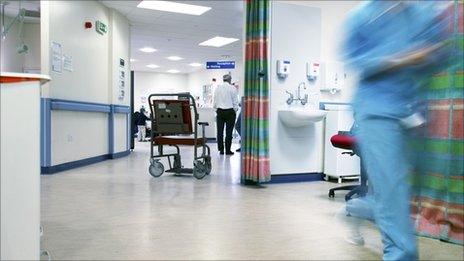Violent crime in England and Wales falls again, A&E data shows
- Published
- comments
Report author Prof Jonathan Shepherd said the drop was connected to changing alcohol habits
Violent crime is continuing a long-term fall in England and Wales, according to annual figures from NHS hospitals.
There was a 12% fall in injuries from violent incidents in 2013, according to data from almost a third of emergency departments examined by Cardiff University.
It found 235,000 people were treated following a violent attack in 2013 - 32,800 fewer than in the previous year.
The authors said the rising cost of alcohol might have played a role.
They also said the figures mirrored other research, adding to evidence that the long-term trend in violent crime was down.
The 12% fall means it is the fifth consecutive year that NHS units have recorded a decrease in violent injuries.
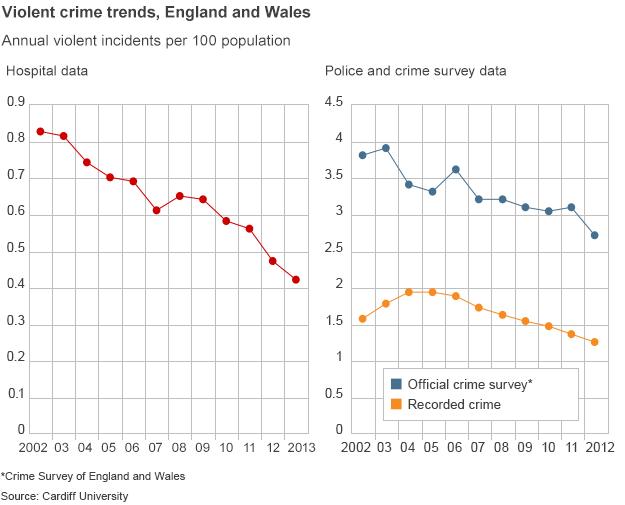
'Welcome' fall
Professor Jonathan Shepherd, the report's lead author, said: "The data shows another significant year-on-year fall. Apart from a 7% increase in 2008, levels of serious violence have fallen every year since 2001.
"Continuing, substantial decreases in serious violence are welcome for citizens, communities and in combating the fear of crime.
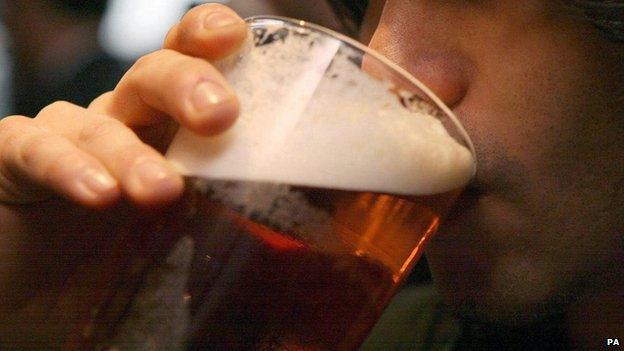
Some campaigners have called for an increase in the price of alcohol
"They also decrease the costs of violence to health services and the criminal justice system and reduce pressures on hard-pressed Accident and Emergencies late at night at the weekend."
Men between 18 and 30 years old remained the most at risk of being a victim - but the report also found that the greatest annual decreases occurred among youth and young adult victims.
Prof Shepherd said: "Violence is falling in many Western countries and we don't know all the reasons why.
"Binge drinking has become less frequent, and the proportion of youth who don't drink alcohol at all has risen sharply.
"Also, after decades in which alcohol has become more affordable, since 2008 it has become less affordable.
"For people most prone to involvement in violence, those aged 18-30, falls in disposable income are probably an important factor."
'Crazy periods'
The authors said that anti-violence strategies involving local public agencies working closely together could also be yielding results.
The Cardiff University study looked at treatment given to victims at 117 emergency departments, minor injury units and NHS walk-in centres.
Responding to the report, UK Faculty of Public Health president Prof John Ashton called for an increase in the price of alcohol.
"We do periodically have these crazy periods where there's a lot of drinking - like Hogarth's Gin Lane 200 years ago - and society eventually responds and drinks less," he told BBC Radio 5 live.
"And what's important is to get behind the history curves that are happening and give them a push in the right direction.
"I think raising the price of alcohol would be giving a push to bring down the consumption levels further."
'Let down'
The trend mirrors the findings published in the Crime Survey of England and Wales, a massive rolling project that interviews people about their experiences of crime, whether or not they have gone to the police.
Crimes recorded by the police also show long-term falls in violence, but the Office for National Statistics recently said that data from forces could not be considered reliable.
There is no comparable data for injuries from violent incidents in Northern Ireland or Scotland.
However, a Police Service of Northern Ireland report, external on recorded crime trends, published last July, found that violent crime figures had remained "fairly constant" since 2007/2008.
There had been a "small decrease", from 30,445 incidents in 2011/2012 to 30,305 in 2012/2013, the report added.
The Scottish Crime and Justice Survey, external, published last month, showed there had been a 22% drop in recorded incidents of violent crime since 2008-2009.
In a separate report published on Wednesday, a watchdog urged probation services to do more to tackle alcohol misuse by offenders.
Paul McDowell, Chief Inspector of Probation, said that good work in rehabilitating offenders in the UK was being "let down" by a lack of attention to alcohol, despite its known link to violence.
- Published23 April 2014
- Published21 April 2014
- Published1 October 2013
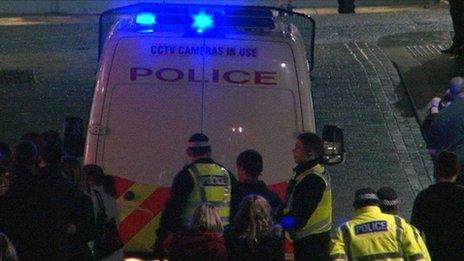
- Published24 April 2013
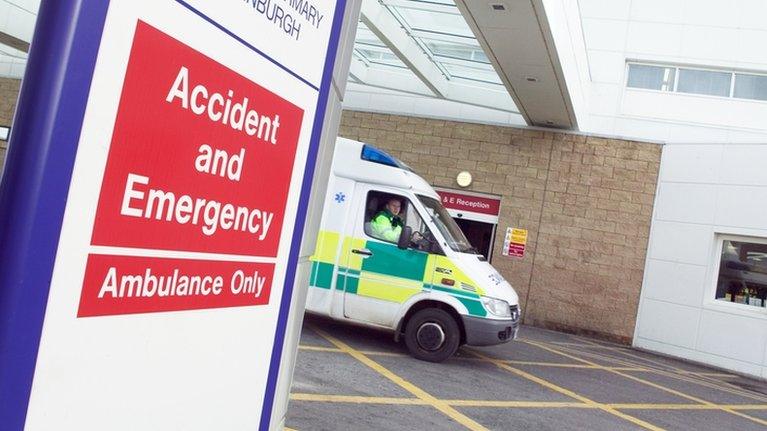
- Published24 April 2013
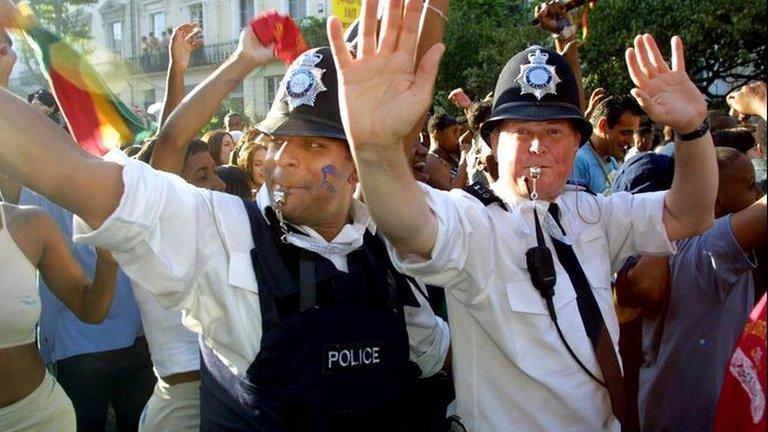
- Published19 April 2011
